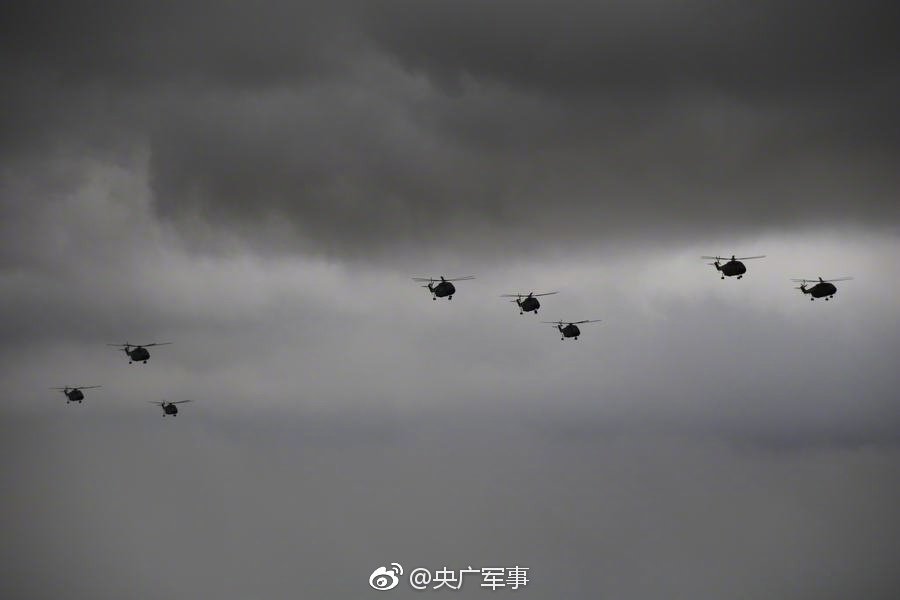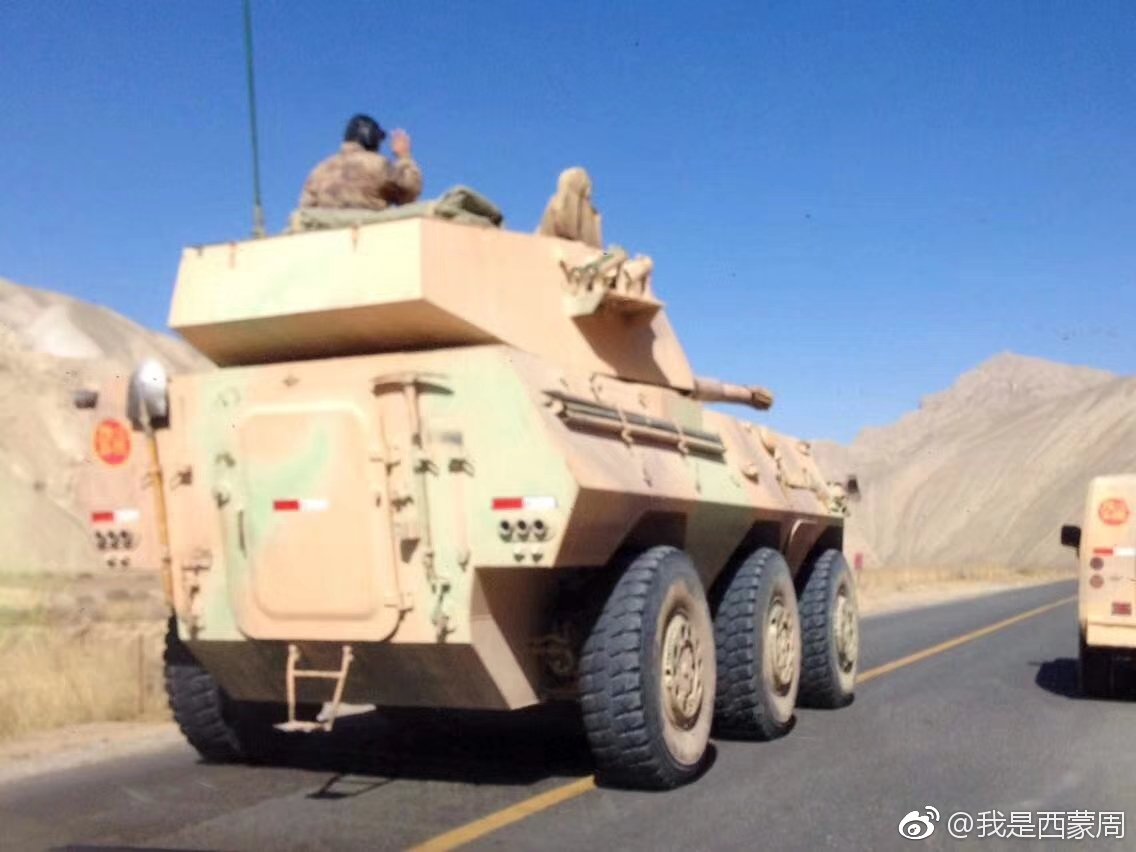China woos Bhutan with $10 billion in standoff with India
Beijing seen driving wedge in New Delhi-Thimphu alliance
YUJI KURONUMA, Nikkei staff writer
NEW DELHI -- Locked in a two-month border standoff with India and tiny Bhutan in the Himalayas, China is offering its little neighbor $10 billion in economic assistance to soften its stance.
Sources say that since the offer, Bhutan has toned down its allegations that China is violating its territorial claims.
The development complicates Bhutan's relations with India, which blocked Chinese troops after Bhutan, -- a long-time security ally of India's -- notified New Delhi that the troops were attempting to construct a road in a part of the Doklam Plateau claimed by both China and Bhutan.
India and China have accused each other of violating the border, with troops from both countries in a face-off since June. Winning over Bhutan would lend more credence to their claims, and it appears Beijing's overture is having the desired effect. Speaking to Indian reporters earlier this month, a Chinese diplomat said that Bhutan clearly acknowledged to Beijing that the area where Indian troops entered is not part of Bhutan.
If the claim is correct, it would signal a weakening of ties between India and Bhutan.
Although a Bhutanese government official immediately issued a denial to Indian media, New Delhi remains unconvinced. A government source told the Nikkei early this month that China's $10 billion package -- which includes a grant, low-interest loans and direct investment -- is tempting Bhutan.
When External Affairs Minister Sushma Swaraj met with her Bhutanese counterpart, Damcho Dorji, on Aug. 11 on the sidelines of a regional meeting, she told Dorji not to be betrayed by China, asking further that Bhutan retain its alliance with India. Dorji, however, only said that he hoped the standoff would be resolved peacefully and amicably, refraining from any comment that would provoke China.
In June, Bhutan's foreign ministry blasted China, saying that the construction work violates an agreement between the two countries.
The Chinese government-backed tabloid Global Times later ran an editorial referencing Dorji's comment and stating that Bhutan clearly wants to maintain neutral in its criticism of India.
China is wooing Bhutan in order to validate its presence in Doklam. India sent troops only after Bhutan claimed that China had started construction work in Bhutanese territory. Beijing hopes Bhutan will relinquish its claim to the disputed area, thereby obviating the need for Indian troops, which would then be violating Chinese territory.
According to Indian government sources, China and India informally agreed to simultaneously reduce troop deployments in phases, aiming for a complete withdrawal between September and October, or at least by year-end.
Both Indian Prime Minister Narendra Modi and Chinese President Xi Jinping need to save face, hence the simultaneous draw down. But tensions remain, with Chinese and Indian soldiers throwing stones at each other in Kashmir.
According to an Indian government source, there are about 320 Indian and 500 Chinese troops in the area, with the numbers declining. But behind them stand 12,000 Indian soldiers and a 16,000-strong Chinese contingent, raising concerns that if shooting starts, it could quickly grow into a major conflict.









